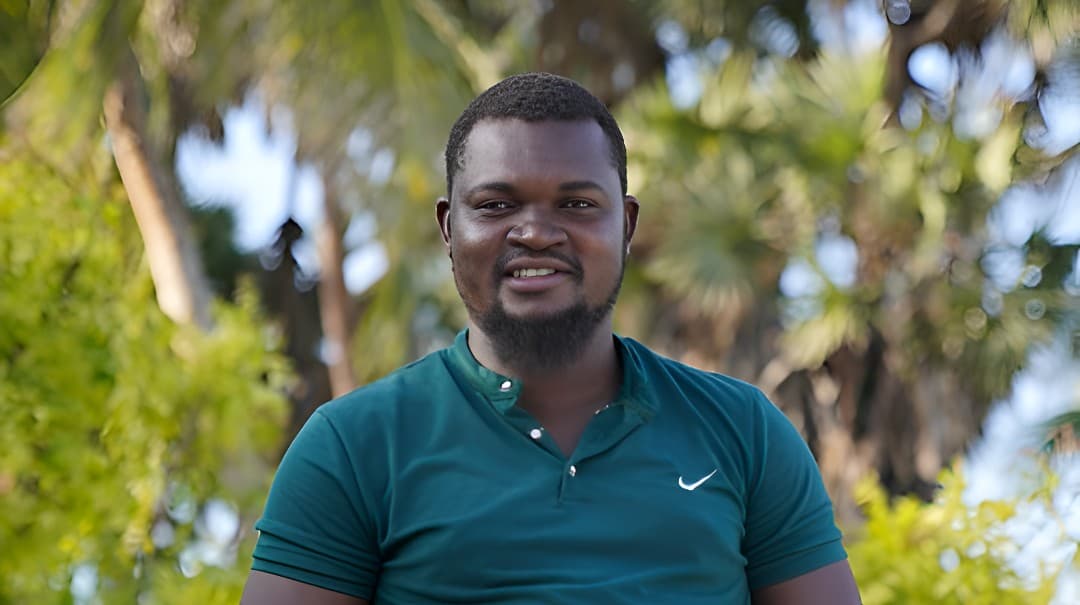We're loading the full news article for you. This includes the article content, images, author information, and related articles.
The Independent Policing Oversight Authority (IPOA) is escalating its efforts to secure justice for the murdered blogger Albert Ojwang, petitioning a Kenyan court to detain the primary suspect, Police Constable James Mukhwana, for 21 days

Here’s an enhanced and expanded version of your article, crafted to draw readers in with a journalistic tone that balances urgency, narrative flow, and critical insight:
Nairobi, Kenya — June 13, 2025
The investigation into the suspicious death of blogger and educator Albert Ojwang has entered a tense new phase, as the Independent Policing Oversight Authority (IPOA) formally petitioned a Nairobi court to detain Police Constable James Mukhwana for 21 days. The move marks a critical escalation in what is fast becoming one of the most high-profile cases of alleged police brutality in recent Kenyan history.
According to IPOA’s court filing, Mukhwana is accused of being directly involved in the brutal assault that led to Ojwang’s death — an incident that occurred while the victim was in police custody at Nairobi’s Central Police Station. The authority’s application paints a chilling picture of abuse behind closed doors, with allegations that go beyond individual misconduct and suggest a broader institutional attempt to obstruct justice.
In a dramatic twist, IPOA warned the court that key evidence may have been tampered with or destroyed in what it believes could be a calculated cover-up. Most notably, the authority cited the disappearance or manipulation of CCTV footage from the police station — footage that could have captured the fatal events inside the cellblock.
IPOA investigators say the footage was either deliberately erased or suspiciously inaccessible during their initial inspections — a red flag that has further deepened suspicions about internal interference. Investigators have also voiced concerns about unsecured documents, mobile phones, and internal communications, all of which could contain critical clues about the moments leading up to Ojwang’s death.
In court, IPOA emphasized that releasing Mukhwana at this stage would compromise the integrity of the investigation. The authority argues that the officer, if set free, could intimidate witnesses, manipulate evidence, or coordinate with other officers to obstruct further inquiries.
“We are dealing with a case where vital digital and physical evidence remains within a police facility that is under scrutiny,” IPOA legal counsel told the court. “Premature release of the suspect could irreversibly contaminate the investigation.”
Two key elements are expected to shape the direction of the case: forensic analysis of digital devices and a comprehensive autopsy report. The forensic investigation is examining mobile phones belonging to Mukhwana and other officers on duty, with particular attention to call logs, deleted messages, and location data that might reveal a timeline of events — or expose a coordinated attempt to shield the truth.
Meanwhile, the full autopsy report is expected to confirm the cause of Ojwang’s death, with initial findings pointing to blunt force trauma. The results, combined with toxicology screenings, may clarify whether his death was due to a physical assault or exacerbated by other factors while in detention.
For IPOA, this case represents more than a single pursuit of justice — it is a defining moment in its mission to hold Kenya’s security forces accountable. Public confidence in the police has been deeply shaken, especially as the Ojwang case has catalyzed nationwide protests and revived long-standing anger over alleged extrajudicial killings.
The investigation has already exposed disturbing vulnerabilities in police oversight mechanisms. It has also put pressure on top law enforcement officials, including Deputy Inspector General Eliud Lagat, whose silence in the wake of public outrage has drawn criticism from both civil society and Parliament.
As the court deliberates on IPOA’s application, Kenya waits with bated breath. The coming days may determine not just the fate of one officer, but the credibility of an entire system. The outcome will signal whether the country is truly prepared to confront a culture of impunity — or if justice, yet again, will be buried beneath bureaucracy and intimidation.
For the family of Albert Ojwang and a restless nation watching closely, one question looms large: Will the truth survive the system meant to protect it?
Keep the conversation in one place—threads here stay linked to the story and in the forums.
Sign in to start a discussion
Start a conversation about this story and keep it linked here.
Other hot threads
E-sports and Gaming Community in Kenya
Active 9 months ago
The Role of Technology in Modern Agriculture (AgriTech)
Active 9 months ago
Popular Recreational Activities Across Counties
Active 9 months ago
Investing in Youth Sports Development Programs
Active 9 months ago